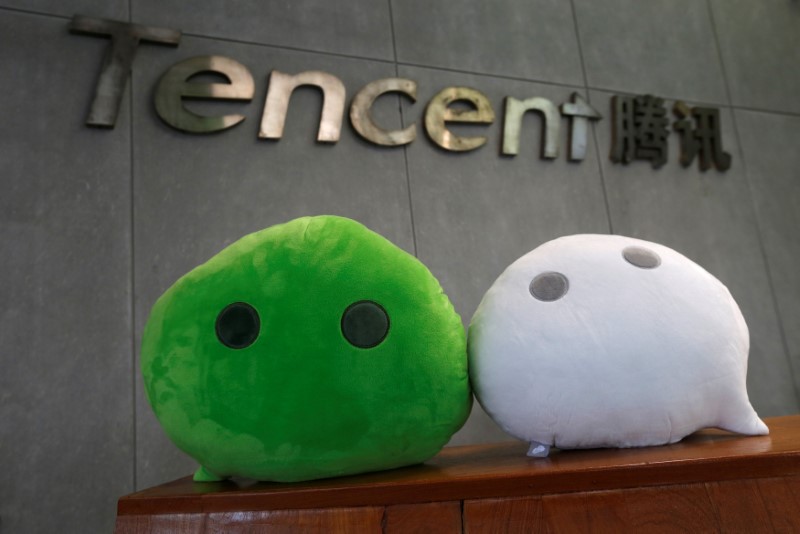This post was originally published on this site

Investing.com – Internet technology giant Tencent Holdings (OTC:TCEHY) Ltd. (HK:0700) will transfer 86.4% of its stake in JD (NASDAQ:JD).com Inc. (HK:9618) to its shareholders. Eligible Tencent shareholders will be entitled to one share of JD.com for every 21 shares they hold.
JD.com’s Hong Kong shares fell 7.09% to HK$259.40 ($33.25) by 11:36 PM ET (4:36 AM GMT), while Tencent’s Hong Kong shares jumped 4.02% to HK$460.80.
The transfer of the stake, worth HK$127.69 ($16.37 billion), sees Tencent reduce its stake in JD.com from 17% to 2.3% after the distribution. Tencent will no longer be JD.com’s largest shareholder, with Walmart (NYSE:WMT) Inc. taking the role, according to Refinitiv data.
Tencent, whose first investment in JD.com was in 2014, said in an announcement that this is the appropriate time to do the transfer, given that JD has achieved a stage where it can be self-financed of its growth.
Its investment strategy is to invest in growth-stage companies, support and share in the growth of the portfolio company, and exit the investment when the invested company can raise its own capital. “The company and JD.com will continue to maintain their mutually beneficial business relationship, including via their ongoing strategic partnership agreement,” according to the announcement.
However, the impact for JD.com is “definitely negative,” Everbright Sun Hung Kai analyst Kenny Ng told Reuters.
“Although Tencent’s reduction of JD.com’s holdings may not have much impact on JD.com’s actual business when the shares are transferred from Tencent to Tencent’s shareholders, the chances of Tencent’s shareholders selling JD.com’s shares as dividends will increase,” he said.
The JD.com divestment also raised questions on whether Tencent could be looking to offload its investments in e-commerce company Pinduoduo Inc. (NASDAQ:PDD) and food delivery giant Meituan (HK:3690), as regulatory pressure to scale down increases.
However, Tencent has no plans to exit those investments because they are not as well-developed, a source told Reuters.



